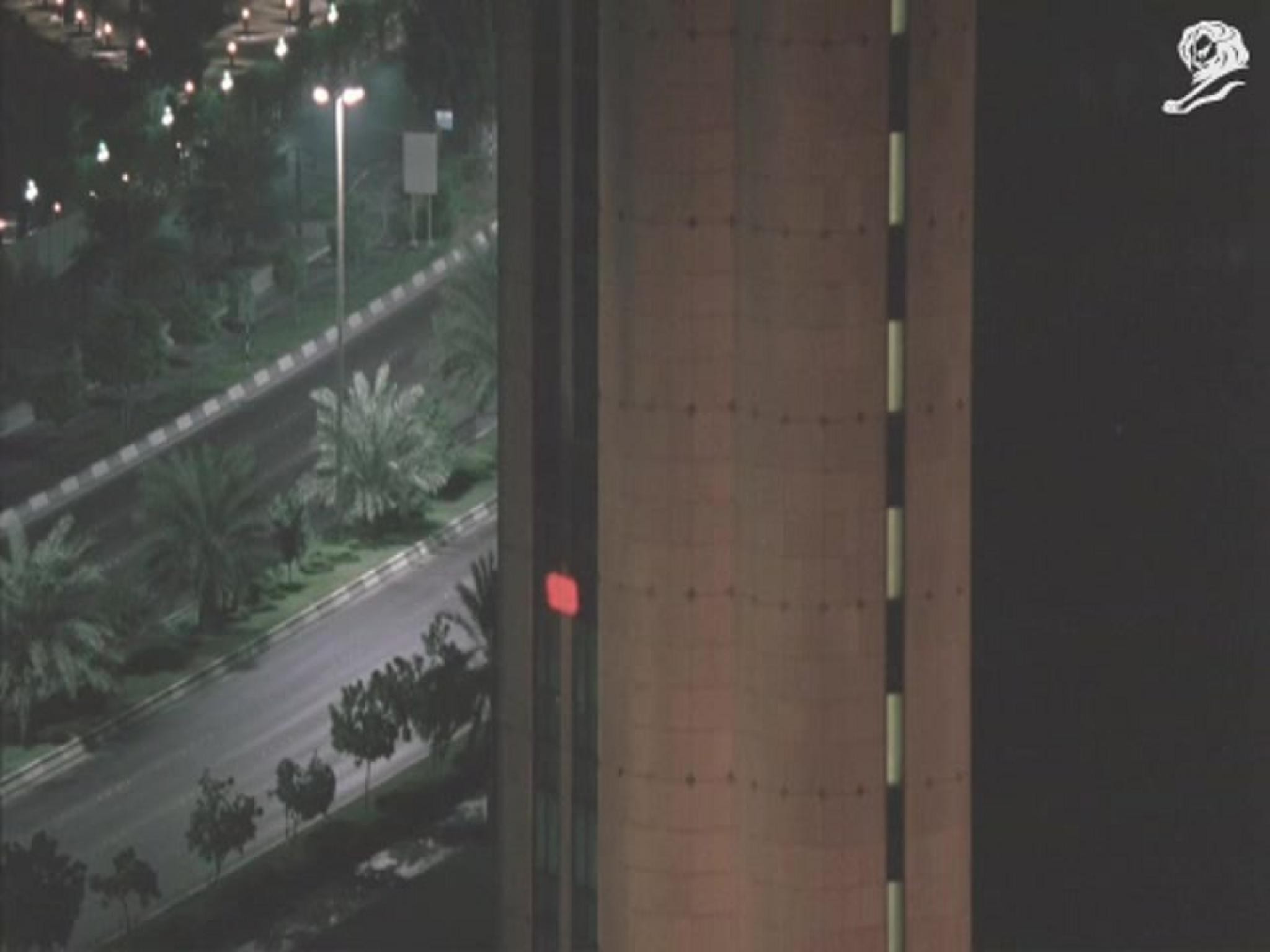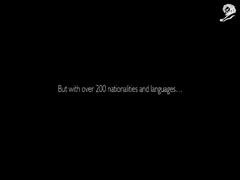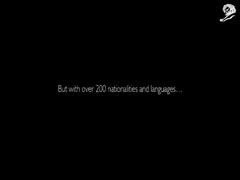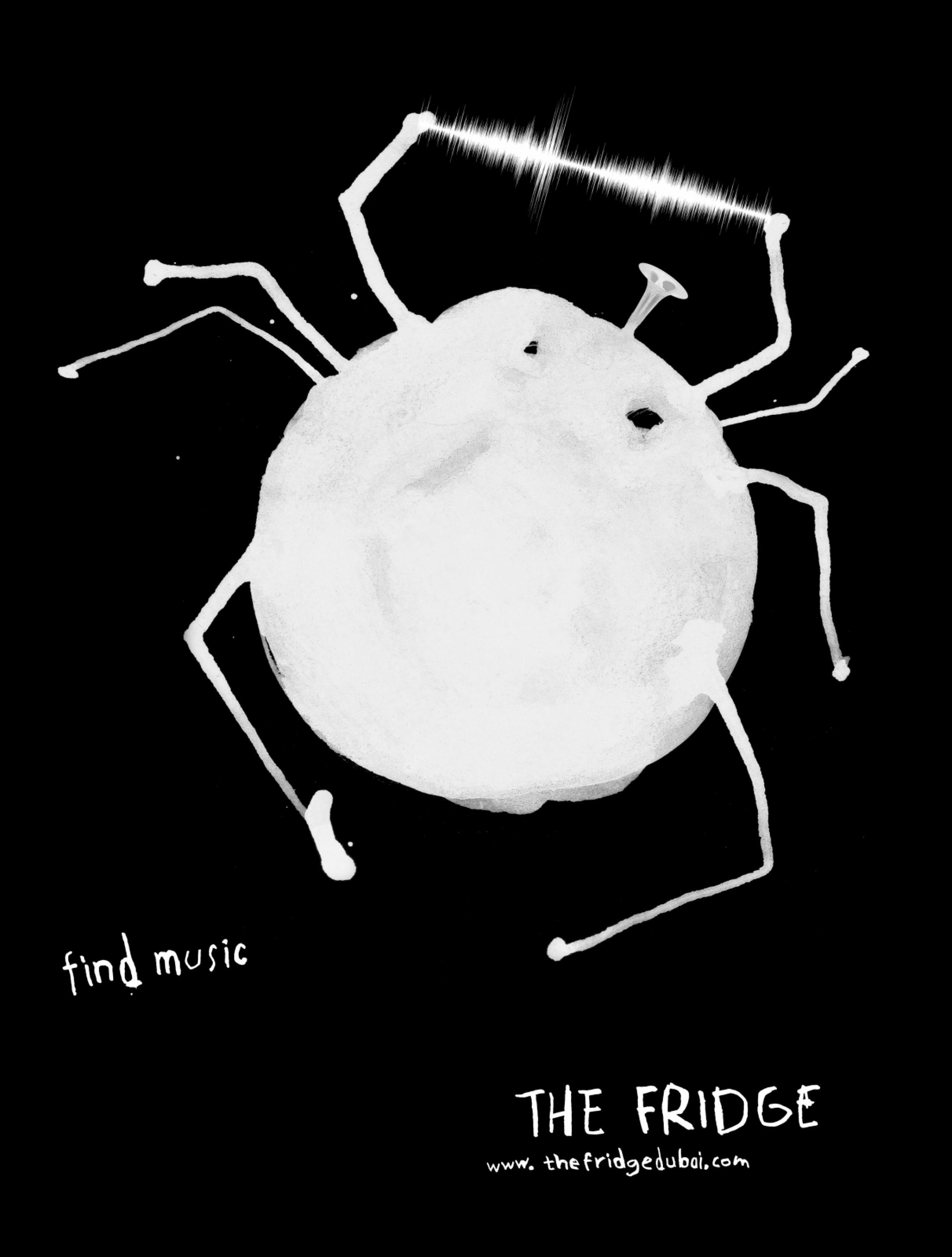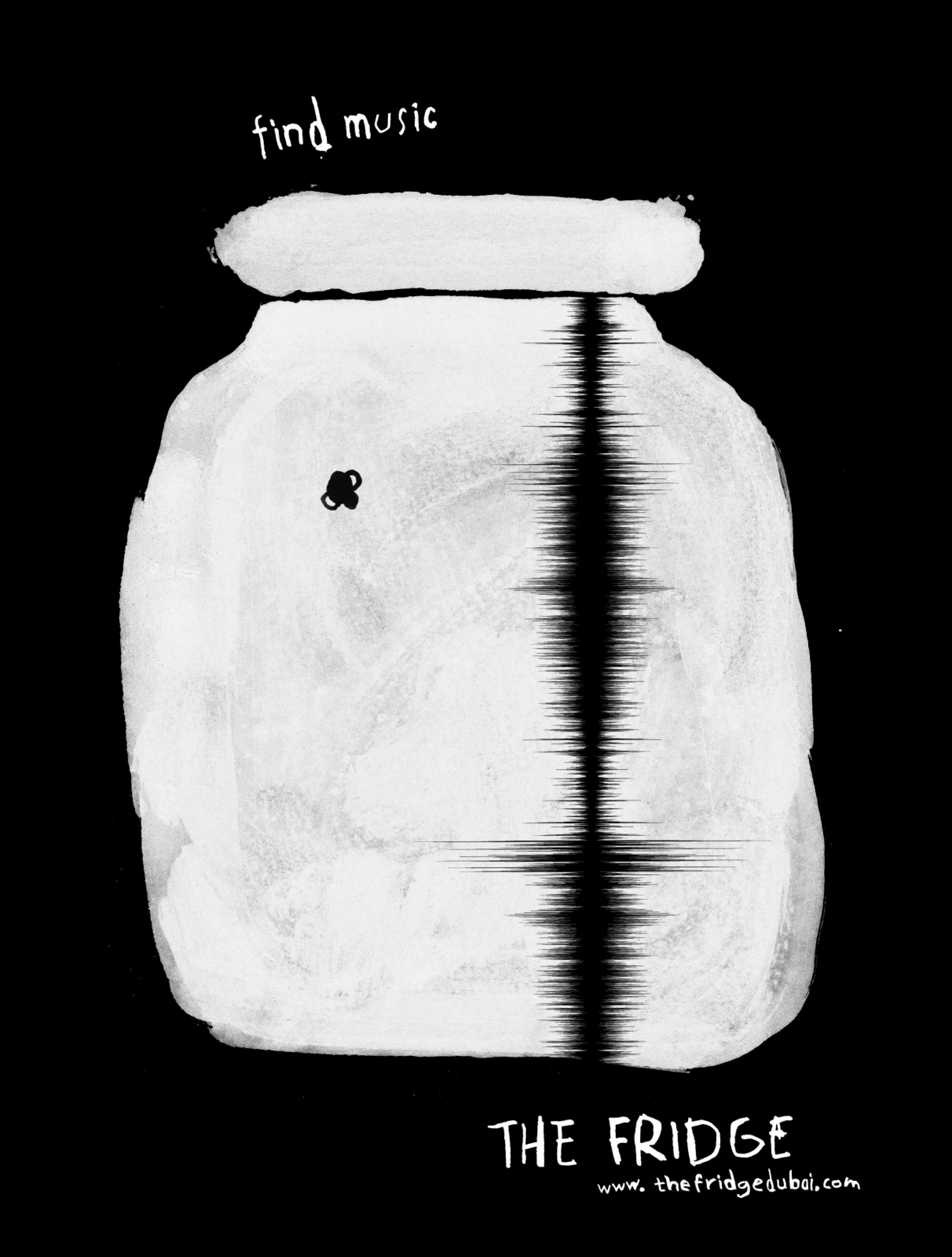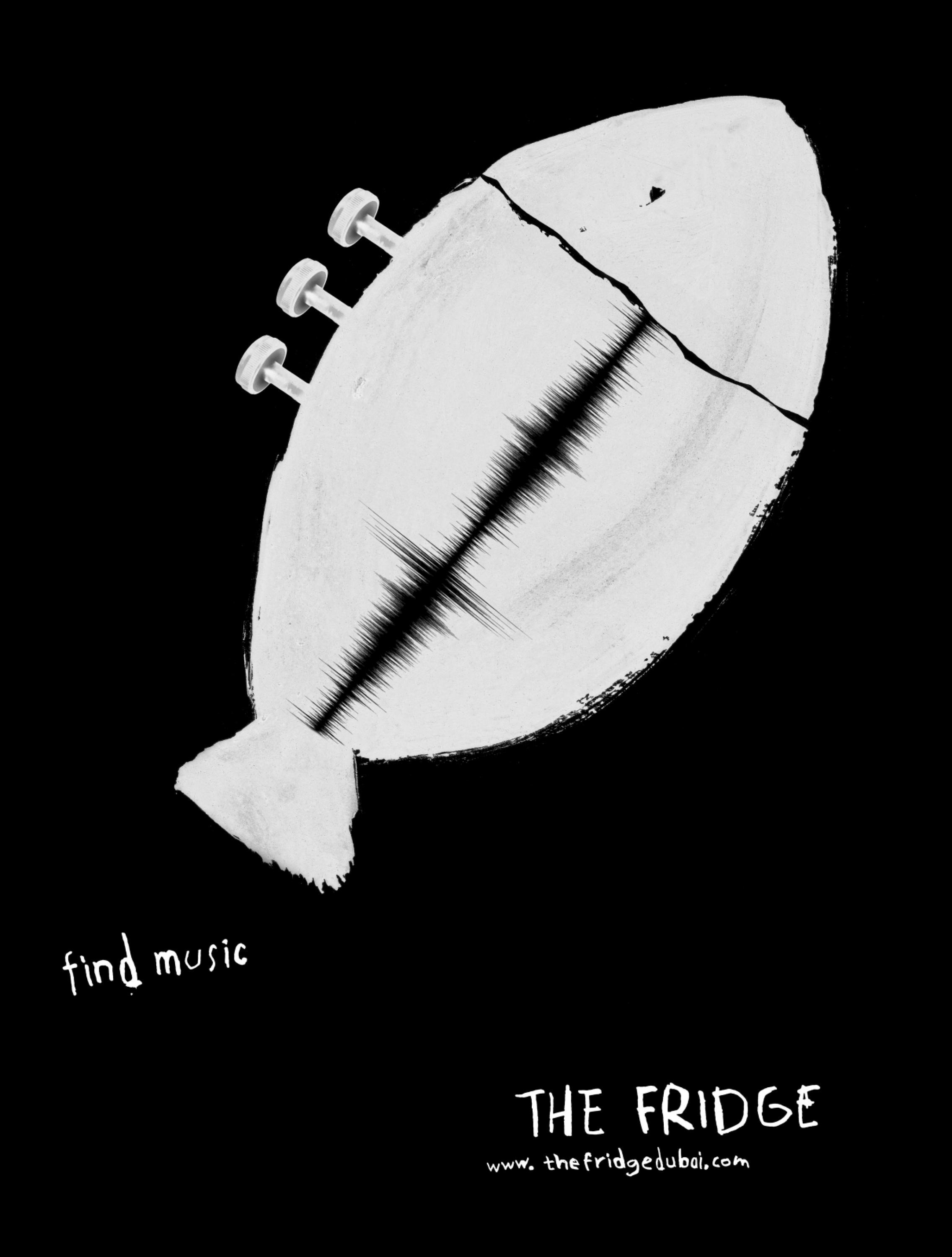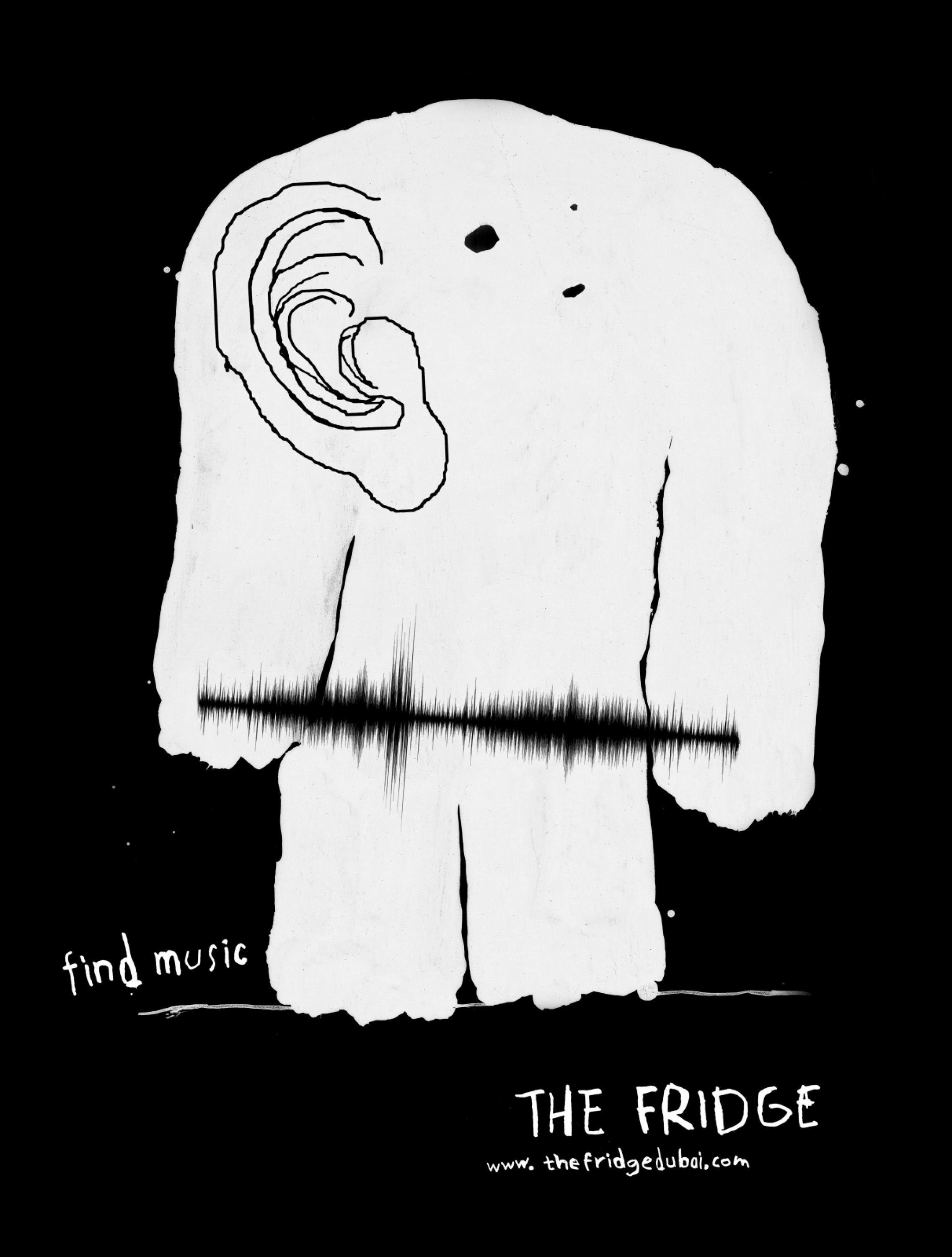Brand Experience and Activation > Brand Experience & Activation: Sectors
A CALL FOR DIALOGUE
TBWA\RAAD, Dubai / LEBANESE MINISTRY OF TELECOMMUNICATIONS / 2024
Awards:

Overview
Credits
Overview
Why is this work relevant for Brand Experience & Activation?
This work is highly relevant for the Brand Experience & Activation category because it showcases how a government entity, the Lebanese Ministry of Telecommunication, strategically engaged with the public and politicians to create a transformative brand experience. By leveraging the campaign to address a pressing national issue, it optimized every touchpoint to foster dialogue, instigate social change, and build affinity for the government's proactive role. The immersive nature of this campaign, from billboards to digital engagement, exemplifies comprehensive brand building and customer journey optimization, making it a compelling entry in the Not-for-profit / Charity / Government category.
Please note that the Jurors for Dubai Lynx will be coming from outside the region and may not be aware of the specific cultural nuances of your work.
Lebanon's landscape is characterized by a unique and complex political system, deeply rooted in sectarian divisions and a history of conflict. This system often results in political deadlock, as seen in the failure to elect a president, exacerbating the country's economic and social crises. In such a setting, communication between political factions is not just rare but culturally unexpected, with hostility often prevailing over dialogue.
The International Day of Dialogue, leveraged in our campaign, holds significant relevance in this context. It symbolizes a potential shift from entrenched sectarianism to open communication, a concept deeply resonant yet challenging for the Lebanese populace, given the prevailing cultural norms.
Moreover, the campaign's execution period coincided with an all-time low in public trust in government, against the backdrop of soaring inflation and crumbling infrastructure. This despair was mirrored on social media platforms, particularly 'X', where political discourse is rampant yet typically unproductive.
The use of outdoor billboards in strategically selected locations – outside politicians' homes and offices-isn't just a media strategy; it's a cultural statement. In Lebanon, such a bold move by a government entity, targeting its politicians, is unprecedented. It breaks through the cultural norm of passive government communication, directly challenging the status quo.
The media buzz generated, both locally and, also reflects Lebanon's cultural landscape, where politics is deeply interwoven with everyday life. The campaign's audacity in such a politically charged and divided society demonstrates a courageous step towards change, leveraging cultural moments and societal sentiments to create a powerful, resonant message.
Background
Situation: Lebanon was in a severe political stalemate with no elected president due to persistent non-communication among politicians, deepening the nation's socio-economic crisis.
Brief Objectives: The campaign aimed to break this communication deadlock, urging politicians to engage in dialogue. The objective was to create a sense of urgency and responsibility among political leaders, while rallying public support and awareness.
Insight: Recognizing that politicians were using the flimsy excuse of not having each other's contact details, we identified a unique opportunity to use media as a direct intervention tool. Outdoor billboards, strategically placed where they couldn't be ignored, and digital platforms were leveraged to publicly display politicians' contact details. This bold media strategy was designed to corner politicians into acting, using their own excuses against them, while engaging the public in a nationwide call for dialogue.
Describe the creative idea
The 'A Call to Dialogue' campaign was uniquely crafted for Lebanon, resonating deeply with the nation's specific cultural and political landscape. In a country marred by political stagnation and a culture of non-communication among leaders, the absurd excuse of politicians not having each other's contact details was a poignant reflection of the broader impasse. Our campaign addressed this directly and provocatively: by publicly displaying politicians' phone numbers on billboards, we eliminated their stated barrier to communication. This bold move was culturally tailored, understanding the Lebanese people's frustration and desire for change. It transformed a trivial political excuse into a powerful call for dialogue, resonating with the public's longing for political progress. This campaign was not just a message, but a culturally conscious action designed to break the cycle of political deadlock unique to Lebanon.
Describe the strategy
Our strategy was intricately designed for the Lebanese context, recognizing the unique blend of political apathy and cultural dynamics. We targeted politicians, notorious for their communication avoidance, by placing billboards with their phone numbers in strategically unavoidable locations — their neighborhoods and workplaces. This not only ensured visibility but also culturally resonated as a bold challenge in a society where direct confrontation is rare. Simultaneously, we engaged the Lebanese public, tapping into their frustration with political inaction. Utilizing digital platforms, especially 'X', we transformed their passive discontent into active advocacy for dialogue. The campaign's timing around the International Day of Dialogue deepened its cultural relevance. Our dual approach — pressuring politicians and mobilizing public opinion — was finely tuned to the Lebanese landscape, using media as a catalyst for cultural and political change.
Describe the execution
The execution of 'A Call to Dialogue' was carefully crafted to resonate within the specific cultural and political landscape of Lebanon. We strategically targeted eight influential Lebanese politicians, each representing a critical element of the political deadlock. Multiple billboards displaying their phone numbers were placed in locations impossible for them to ignore: their home villages, residences in the capital, and near their workplaces. This approach was culturally poignant in a society where such direct public accountability is uncommon.
In addition to the outdoor campaign, we extended our reach to digital platforms, notably 'X', a hotbed for Lebanese political discourse. By mirroring the outdoor campaign's visuals in digital interactions, we seamlessly integrated our message into the digital dialogue.
Timed to align with the International Day of Dialogue, the campaign maximized cultural relevance and impact, creating a comprehensive presence that compelled political action and sparked public discourse, uniquely suited to Lebanon.
List the results
The "A Call to Dialogue" campaign yielded remarkable results:
• Political Impact: The campaign's direct approach led to the initiation of the presidential election process by the Lebanese parliament. Politicians, once uncommunicative, began engaging in dialogue and collaboration, breaking the longstanding political deadlock.
• Public Engagement: The Lebanese public, traditionally passive in political discourse, were galvanized into action. The campaign's visibility and boldness spurred widespread public support and participation in the political process.
• Media Coverage: The campaign garnered extensive media attention, highlighting its audacity and effectiveness. This not only amplified the campaign's message but also put additional pressure on politicians to respond.
More Entries from TBWA\RAAD
24 items


